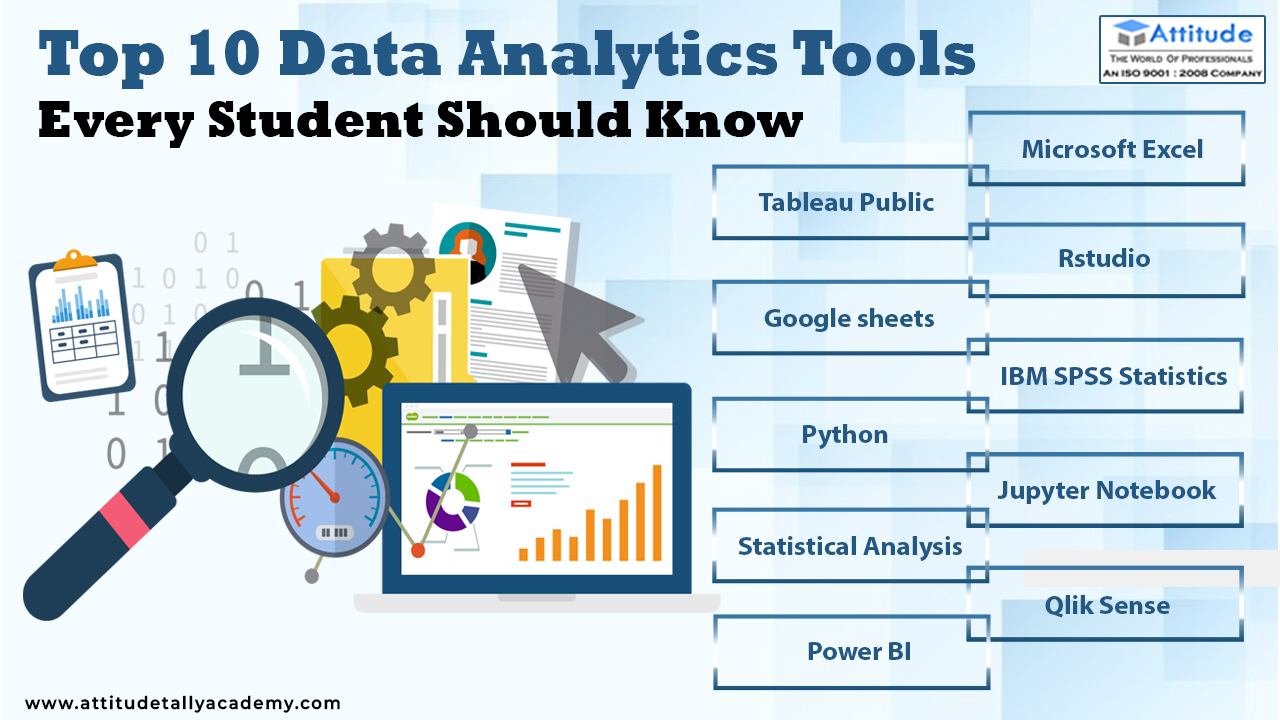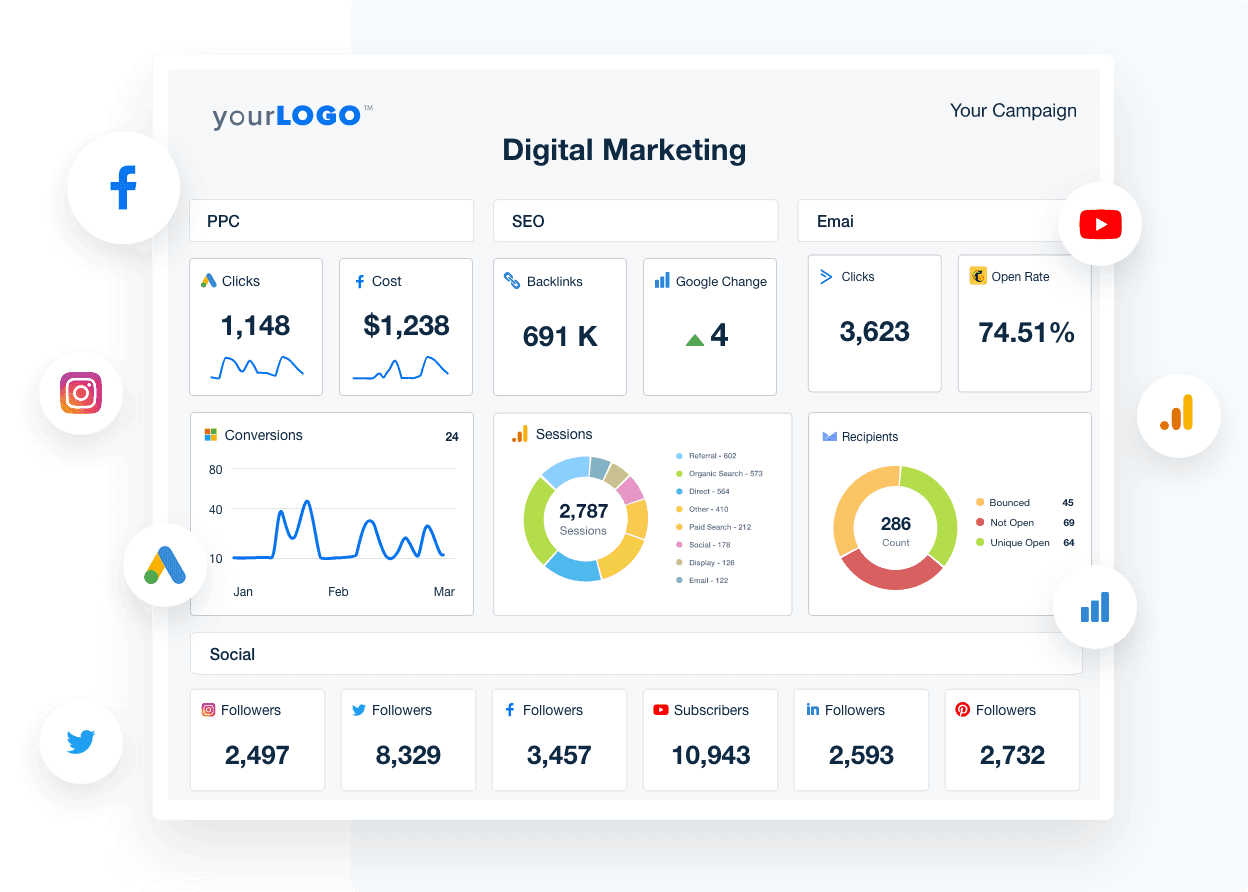Achieve Service Goals Faster With Tailored Analytics Providers
Achieve Service Goals Faster With Tailored Analytics Providers
Blog Article
Maximize Development: Exactly How Analytics Drive Better Methods
In today's data-driven landscape, organizations increasingly identify the essential function of analytics fit effective development strategies. By using information understandings, companies can improve their operational strategies, prepare for market adjustments, and improve consumer engagement. The challenge lies not just in collecting data yet in effectively translating it to drive concrete outcomes. As we check out the crucial benefits and approaches related to analytics, an essential question arises: how can organizations guarantee they are leveraging these understandings to open their full capacity? The response might redefine the future of strategic planning.
Comprehending Data Analytics
Data analytics is an organized computational evaluation of information that makes it possible for companies to uncover purposeful patterns and insights. This procedure incorporates a variety of methods, consisting of statistical evaluation, anticipating modeling, and information mining, which jointly intend to change raw information into actionable information - Analytics. By using these methodologies, companies can make informed choices that are rooted in empirical proof instead of instinct alone
The structure of information analytics depends on its capability to manage huge quantities of details from varied resources. This includes organized information, such as data sources, and disorganized information, consisting of social networks communications and client comments. Through making use of specialized software and tools, experts can draw out and process this information effectively, identifying trends and relationships that might not be promptly evident.
Understanding information analytics likewise involves identifying the value of information high quality and integrity. Accurate and trusted data is critical for significant analysis; therefore, organizations must carry out robust information governance practices. The iterative nature of analytics enables for continuous improvement and improvement of methods, ensuring that organizations stay dexterous in the face of altering market characteristics and customer habits.
Key Benefits of Analytics

One of the essential benefits of analytics is its ability to supply workable understandings. Organizations can rapidly evaluate vast quantities of information, revealing patterns that may not be right away obvious.
Another substantial advantage is improved customer understanding. Analytics devices enable companies to section their audience, track customer habits, and personalize marketing efforts. This targeted technique not only improves consumer engagement but likewise drives higher conversion prices.

Implementing Analytics Techniques
To totally realize the advantages of analytics, companies must embrace organized strategies for application. This starts with plainly specifying objectives that line up with more comprehensive organization objectives. By developing specific, measurable results, companies can concentrate their analytics efforts on areas that produce the highest possible roi.
Next, organizations need to prioritize data governance to make sure the honesty and security of the data being examined. This entails establishing methods for data collection, storage, and look what i found accessibility while adhering to relevant regulations. Guaranteeing top quality information is essential for producing purposeful understandings.
Moreover, promoting a society of data-driven decision-making is crucial. her latest blog This calls for training staff members to analyze analytics searchings for and motivating cooperation throughout divisions. They are more most likely to incorporate insights into their daily procedures. when groups recognize the value of analytics.
Lastly, organizations should frequently examine and refine their analytics techniques. The landscape of data and technology is continually advancing, and remaining adaptable will allow companies to take advantage of new devices and techniques properly. By carrying out these structured strategies, companies can make best use of the effect of their analytics initiatives and drive lasting development.
Tools for Reliable Analysis
Efficient analysis relies upon a range of tools that promote the extraction of insights from data - Analytics. These devices can range from simple spread sheet applications to sophisticated maker discovering systems, each serving an one-of-a-kind function in the logical process
Information visualization software application, such as Tableau and Power BI, plays an essential duty in transforming intricate datasets into reasonable visual depictions. These devices make it possible for experts to identify fads and patterns quickly, enabling even more enlightened decision-making.
Analytical analysis software application, like R and SAS, uses sophisticated abilities for conducting extensive analyses, consisting of regression, theory screening, and anticipating modeling - Analytics. These attributes empower organizations to draw meaningful verdicts from their information, recognizing potential opportunities and risks
Additionally, data source management systems such as SQL and NoSQL databases provide the required facilities for keeping and quizing big quantities of information effectively. They make sure that data is organized and available for analysis.
Finally, service intelligence platforms incorporate numerous information resources, giving a comprehensive view of organizational efficiency. By making use of these devices successfully, organizations can boost their logical abilities, enabling them to develop strategies that take full advantage of development and enhance general performance.
Instance Researches of Success
Effective organizations usually take advantage of information analytics to drive impactful methods, as confirmed by a number of notable situation studies. By utilizing these understandings, Netflix has effectively tailored its material recommendations, resulting in raised user involvement and subscriber retention.

Furthermore, Starbucks utilizes data analytics to identify optimum shop locations and fine-tune its product offerings. By taking a look at consumer demographics and acquiring patterns, Starbucks efficiently identifies high-potential markets and tailors its menu to regional tastes, driving sales and client loyalty.
These situation research studies show that efficient use of information analytics can cause calculated benefits, fostering advancement and growth within organizations across various industries.
Conclusion
To conclude, view it the integration of analytics right into business approaches dramatically boosts decision-making procedures and cultivates lasting growth. By leveraging data-driven understandings, organizations can recognize patterns, prepare for market changes, and maximize procedures. The efficient implementation of analytics devices better sustains dexterity and innovation, making it possible for companies to navigate competitive landscapes with better accuracy. Inevitably, a commitment to analytics not only drives prompt performance improvements yet also secures lasting success in an ever-evolving marketplace.
Information analytics is a methodical computational analysis of information that allows organizations to discover meaningful patterns and understandings.Recognizing information analytics likewise entails acknowledging the significance of information quality and stability. Exact and trustworthy data is vital for purposeful analysis; thus, companies need to implement robust information administration practices.Next, organizations need to prioritize data administration to make certain the integrity and safety of the information being evaluated.Successful companies often leverage data analytics to drive impactful approaches, as shown by several significant instance researches.
Report this page